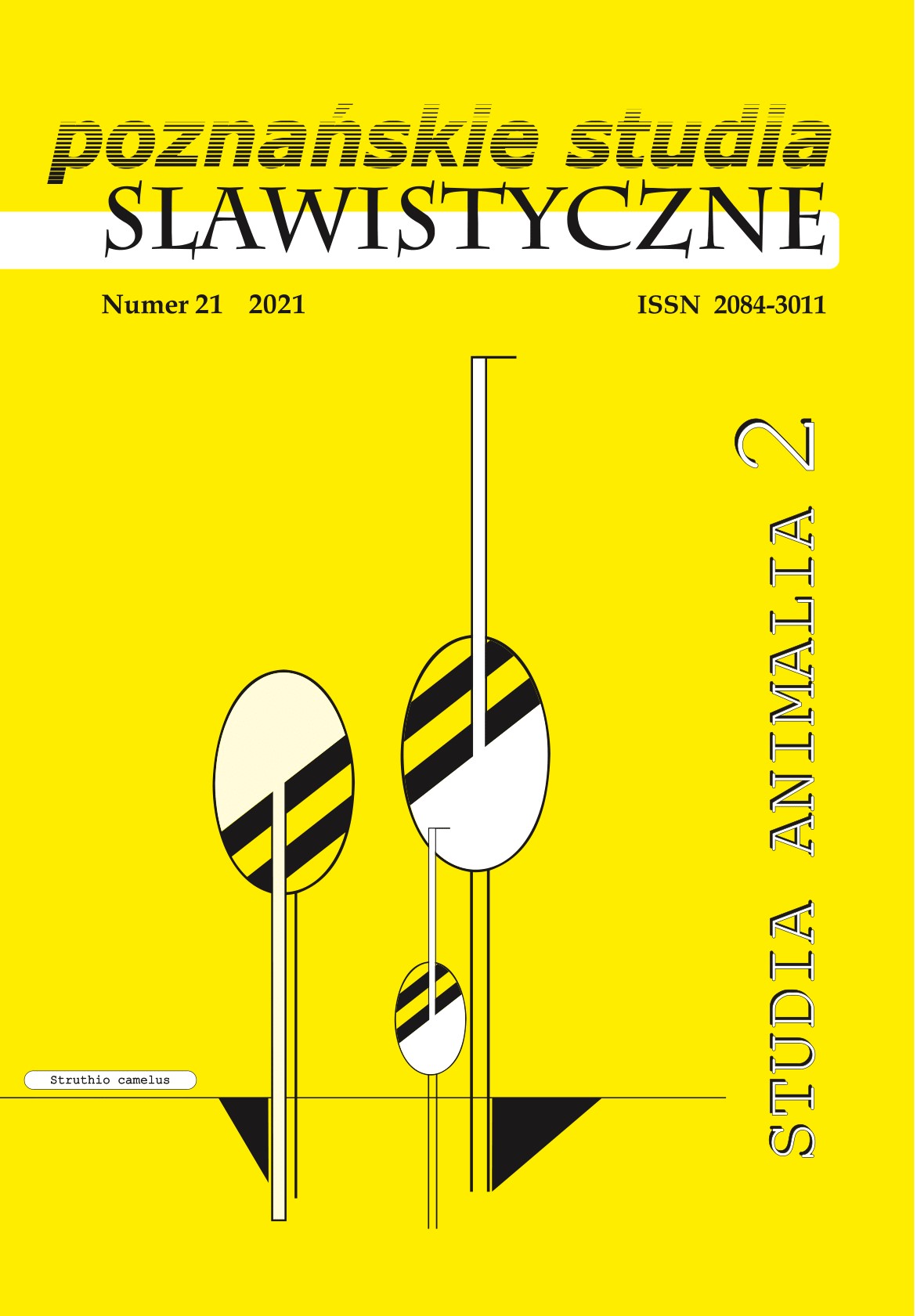Zbrodnia u korzeni bułgarskiej państwowości? Próba interpretacji na podstawie bułgarskich powieści historycznych
Atrocity at the Roots of Bulgarian Statehood? An Attempt of Interpretation Based on Bulgarian Historical Novels
Author(s): Wojciech JozwiakSubject(s): Language and Literature Studies
Published by: Uniwersytet Adama Mickiewicza
Keywords: historical novel; execution; sacrifice; Bulgarian literature
Summary/Abstract: The foundations of the medieval Bulgarian state are inseparably paired with the adoption of Christianity. At that time an event occurred which based on modern terminology ought to be de- scribed as coup d’état. As a consequence a cruel punishment was administered by the ruler, prince Boris. A bloody execution of all the 52 rebelled houses became an immanent symbol of the rise of the Christian Bulgarian state and plays an important role in the novels related to the history of the medieval period of the state. The literary vision of the Bulgarian authors of the socialist era presents that tragic occurrence almost as a founding murder and in accordance with Foucault interpretation as a bloody spectacle of suffering that was a demonstration of the power of the sovereign over his subjects, and following Girard can be described as specific collective sacrifice.
Journal: Poznańskie Studia Slawistyczne
- Issue Year: 2021
- Issue No: 21
- Page Range: 247-261
- Page Count: 15
- Language: Polish

